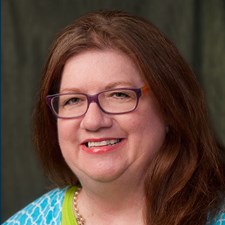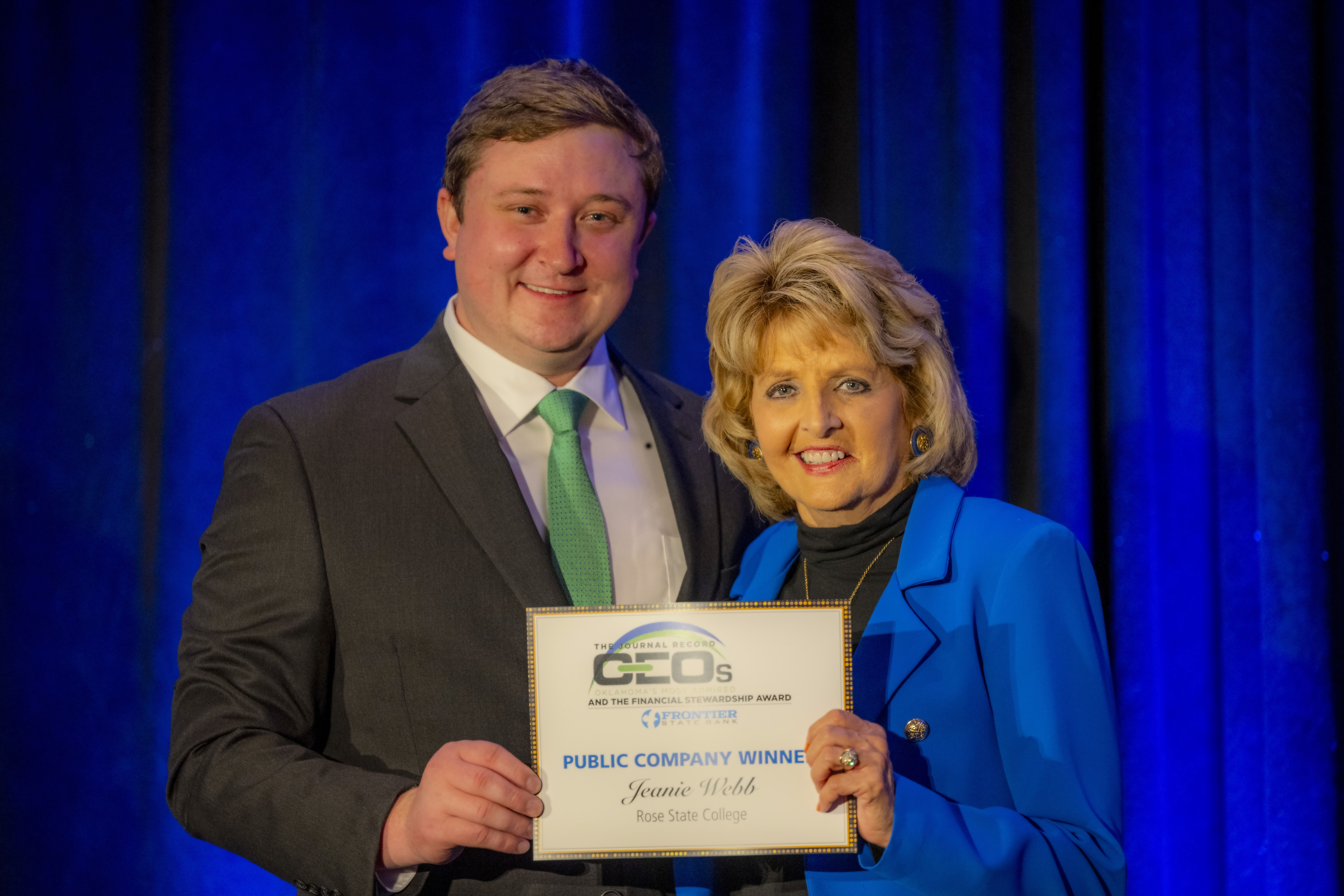Family Services & Child Development
The Family Services and Child Development Program prepares students for a variety of careers working with children and their families. Students may choose to pursue an Associate of Arts degree (AA), Associate of Applied Science degree (AAS) or Certificate program. Within the degree programs students can choose between the Family Services option or the Child Development option. The A.A. Family Services and Child Development Program, Child Development Option at Rose State College is accredited by the Commission on the Accreditation of Early Childhood Higher Education Programs of the National Association for the Education of Young Children, www.naeyc.org. The accreditation term runs from July 2018 through July 2025. (NAEYC Program Outcome Data)
Requirements
Both the AAS degree program and the AA program require 62 hours of college credit; each program requires a significant number of credits in general education; i.e., English Composition, History, American Federal Government, life science and physical science. The AAS Degree program prepares a student to work in family service agencies or child care settings, while the AA degree program prepares the student for work in family services agencies, child care settings or for transfer to a four-year institution to complete a bachelor’s degree.
AA (Child Development option) degree requirements (PDF)
AA (Family Services option) degree requirements (PDF)
AAS (Family Services & Child Development) degree requirements (PDF)
Students are expected to follow the prescribed courses laid out in the college catalog for both program and general education requirements. Even though a student may be preparing herself/himself for a career working with children birth through age eight or a career in family services, the student is best served by the mastering of a broad range of content at the college level and by developing critical thinking skills across the college curriculum. Children and families will be best served by individuals who possess knowledge and abilities reflective of an educated person.
Program Expectations for Students
An FSCD major is expected to complete all course requirements as laid out in each degree plan. FSCD 2233, Practicum, containing program competencies for all FSCD majors, is required of all FSCD graduates. In this, as in all required courses, students must earn a “C” or better to graduate. Successful completion of courses with “C” or better reflects mastery of the necessary competencies
Two degree options are available:
- The Family Services option prepares students to work in community agencies that support families and children in a variety of ways. These agencies include but are not limited to community health and welfare agencies, licensing agencies, parent assistance agencies, and early education support groups and non-profit agencies.
- The child development option prepares students to work directly with children in child care and/or Head Start programs
Scholarship Opportunities
Scholars for Excellence in Child Care Program. The Scholars program awards scholarships and offers educational support and technical assistance to eligible child care professionals to complete coursework in the area of child development and for the CDA and CCP Direct Assessment Application.
Conceptual Framework
The Family Services and Child Development (FSCD) program at Rose State College models its conceptual framework after the work of Urie Bronfenbrenner’s Bioecological Systems Theory. The FSCD program believes in the bidirectional influences of the systems of relationships that form throughout a student’s environment. Just as Bronfenbrenner’s theory defines complex “layers” of environment, each having an effect on a child’s development, the FSCD program defines the “layers” that have an effect on a student’s professional development. The interaction between factors in students’ maturing sense of the early childhood profession, their immediate community, their cultural environment, and the early childhood faculty fuels and steers their development. Changes or conflict in any one layer will ripple throughout other layers. To evaluate a student’s development, we must look not only at the student and his/her immediate environment, but also at the interaction of the larger environment as well.
The FSCD faculty believes in the power of students understanding the bidirectional influence the environment has on them. Conversely, the faculty believes in the power of the students understanding the influence they have on their direct environment. Students in this program will gain knowledge of theory, developmentally appropriate practices, models of education, understanding of research, early learning guidelines, and the importance of high quality care and education. They will then be able to impact the field of early childhood in a truly inspiring manner, leaving a legacy of greatness for both children and families.
Transferring to a Four-Year Institution
Rose State has transfer agreements with the University of Central Oklahoma from the AA degree in Family Services and Child Development to Bachelor of Science in Family Life Education-Child Development, Bachelor of Science in Family Life Education-Marriage and Family, and Bachelor of Science in Family Life Education-Child Development. The college also maintains transfer agreements with Northeastern State University (NSU) and Southeastern Oklahoma State University (SEOSU).
Employment Possibilities
Employment of childcare workers is expected to grow by 20 percent from 2010 to 2020, faster than the average for all occupations. Growth is expected because of increases in the number of children who require childcare and continued demand for preschool programs.
The U.S. Bureau of Labor Statistics categorizes childcare directors with all education administrators of childcare and preschool services. Their average salary in Oklahoma was $18.87 per hour, as of May 2010, or $39,250 per year. That was about 22 percent lower than the nationwide average for this occupation of $50,410 per year.
According to the U.S. Bureau of Labor Statistics (BLS), employment for preschool teachers was projected to grow by 19% from 2008-2018, which was substantially faster than the average growth for all occupations during that time period (www.bls.gov). The total number of preschool teaching jobs was set to grow from 457,200 to 543,900. This increase in jobs was to be spurred by growing preschool enrollment and by the expansion of publicly funded preschool education programs in many states.






